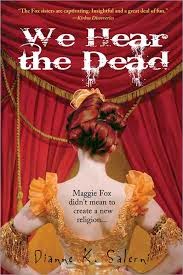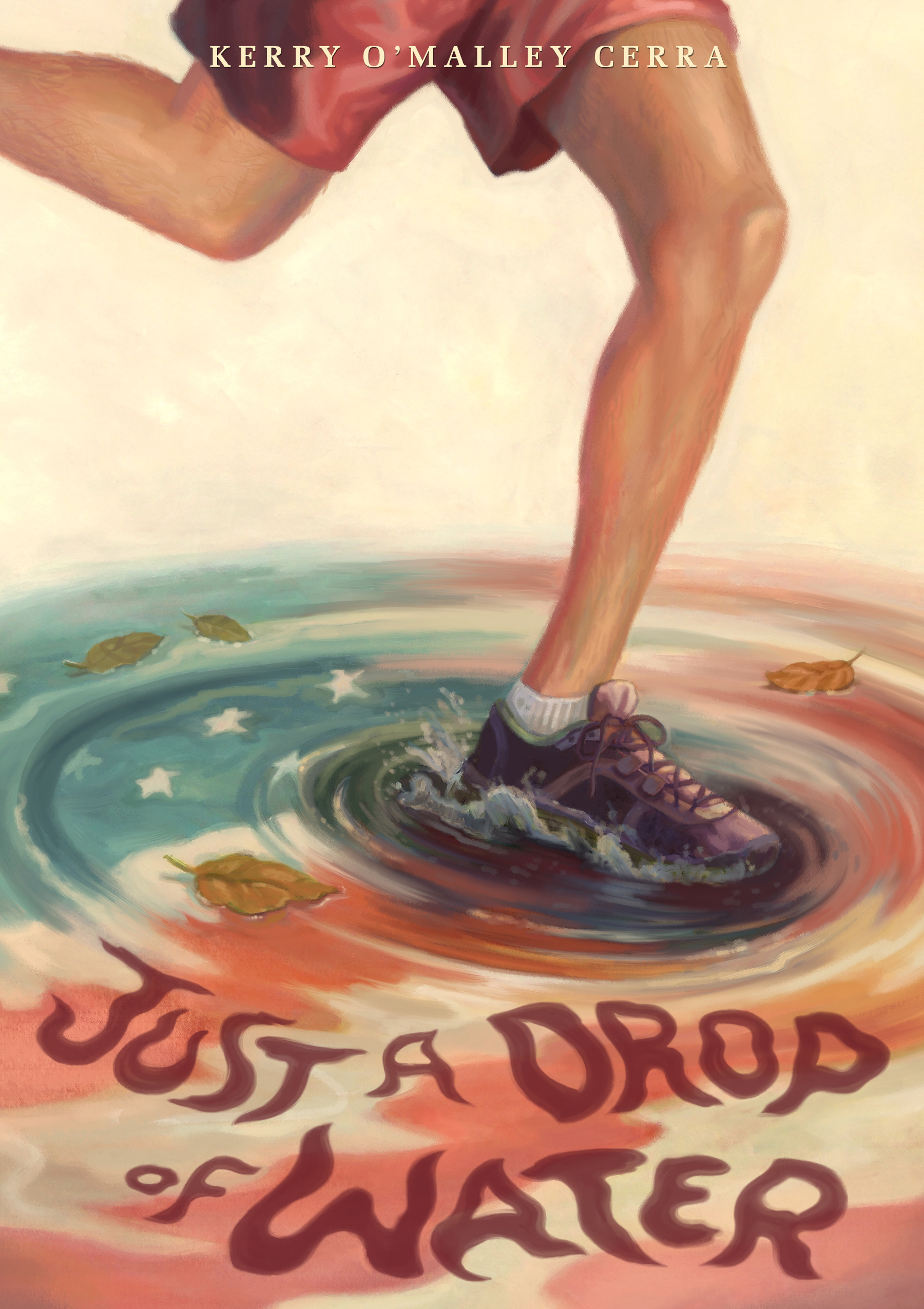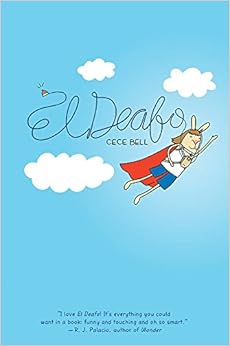Chris here, with part two of the
Project Mayhem holiday shopping guide – Historical Fiction. An earlier post covered Books for Fantasy Lovers. Coming up, I’ll be listing Adventure Novels, and then Fantasy, Sci-Fi and Paranormal. I wanted to celebrate some of our Project Mayhem books – order a copy
for your favorite middle grade reader, or for yourself! The links are to the
author’s website or blog; if you want to buy, it might be faster to go to your
favorite online retailer and paste in the name, or ask your local bookstore to
order the book.
Caroline Starr Rose’s
May B.: May is helping out on a neighbor’s homestead—just until Christmas, her
pa promises. But when a terrible turn of events leaves her all alone, she must
try to find food and fuel—and courage—to make it through the approaching
winter.
This gorgeous novel
in verse by Caroline Starr Rose will transport you to the Kansas prairie—to the
endless grassland, and to the suffocating closeness of the sod house where May
is stranded. May’s eloquent yet straightforward voice, and her bravery,
determination, and willingness to risk it all will capture your heart.
Caroline’s book Blue Birds, set in 1587 in the colony of Roanoke,
Virginia, is coming in March.
Dianne K. Salerni’s The
Caged Graves (young adult): In Catawissa, the dead don’t always stay where
you put them… 17-year-old Verity Boone expects a warm homecoming when she
returns to Catawissa, Pennsylvania in 1867, pledged to marry a young man she’s
never met. Instead, she finds a father she barely knows and a future husband
with whom she apparently has nothing in common. And a truly horrifying surprise
awaits her: the graves of her mother and aunt are enclosed in iron cages
outside the local cemetery. Nobody in town will explain why, but Verity hears
rumors of buried treasure and witchcraft. Perhaps the cages were built to keep
grave robbers out . . . or to keep the women in. Determined to understand,
Verity finds herself in a life-and-death struggle with people she thought she
could trust.
Dianne K. Salerni’s We
Hear the Dead (young adult): Spirits knock and tables tip for Maggie and Kate Fox, two teenage sisters
who convince people they can talk to the dead with their mysterious rapping
noises. What begins as a clever prank traps the girls in their lie as neighbors
beg for the chance to receive messages from dead relatives. When their older
sister Leah realizes the money-making potential of the scam, she takes them on
the road to bamboozle newspaper editors, politicians, and the public at large.
As their fame grows, each sister pursues a different goal. Maggie loves the
attention. Leah seeks wealth and influence. Kate comes to believe in her own
powers. Then Maggie meets Elisha Kane, a dashing and romantic Arctic explorer
who offers her a chance to better herself — but only if she will turn on her
sisters and give up spirit rapping forever. Caught between two worlds, Maggie
must decide where her loyalties lie.
Chris Eboch’s The Eyes of Pharaoh: When Reya hints that Egypt is in
danger from foreign nomads, Seshta and Horus don’t take him seriously. How
could anyone challenge Egypt? Then Reya disappears. To save their friend,
Seshta and Horus spy on merchants, soldiers, and royalty, and start to suspect
even The Eyes of Pharaoh, the powerful head of the secret police. Will Seshta
and Horus escape the traps set for them, rescue Reya, and stop the plot against
Egypt in time?
The Eyes of Pharaoh, set in Egypt in 1177 BC, brings an ancient
world to life
Chris Eboch’s The Well of Sacrifice: Eveningstar Macaw lives in a glorious Mayan
city in the ninth century. When the king falls ill and dies, the city begins to
crumble. An evil high priest, Great Skull Zero, orders the sacrifice of those
who might become king, including Eveningstar’s beloved brother. Suspicious of
the High Priest’s motives, Eveningstar attempts to save her brother, thus
becoming the High Priest’s enemy. Condemned to be thrown into the Well of
Sacrifice, Eveningstar must find a way not only to save her own life but to
rescue her family and her city from the tyrannical grasp of Great Skull Zero.
“[An] engrossing
first novel….Eboch crafts an exciting narrative with a richly textured
depiction of ancient Mayan society….The novel shines not only for a faithful
recreation of an unfamiliar, ancient world, but also for the introduction of a
brave, likable and determined heroine.” - Kirkus
Reviews
Chris
Eboch’s novels for ages nine and up include The Genie’s
Gift; a middle eastern fantasy, The
Eyes of Pharaoh, a mystery in ancient Egypt; The
Well of Sacrifice, a Mayan adventure; and the Haunted series, which
starts with The Ghost on the Stairs. In The
Ghost Miner’s Treasure, a
brother and sister help a ghostly miner find his long-lost mine. Her book Advanced
Plotting helps writers fine-tune their plots. Learn more at www.chriseboch.com or her Amazon page, or check
out her writing tips at her Write Like
a Pro! blog.












.JPG)

.JPG)


















